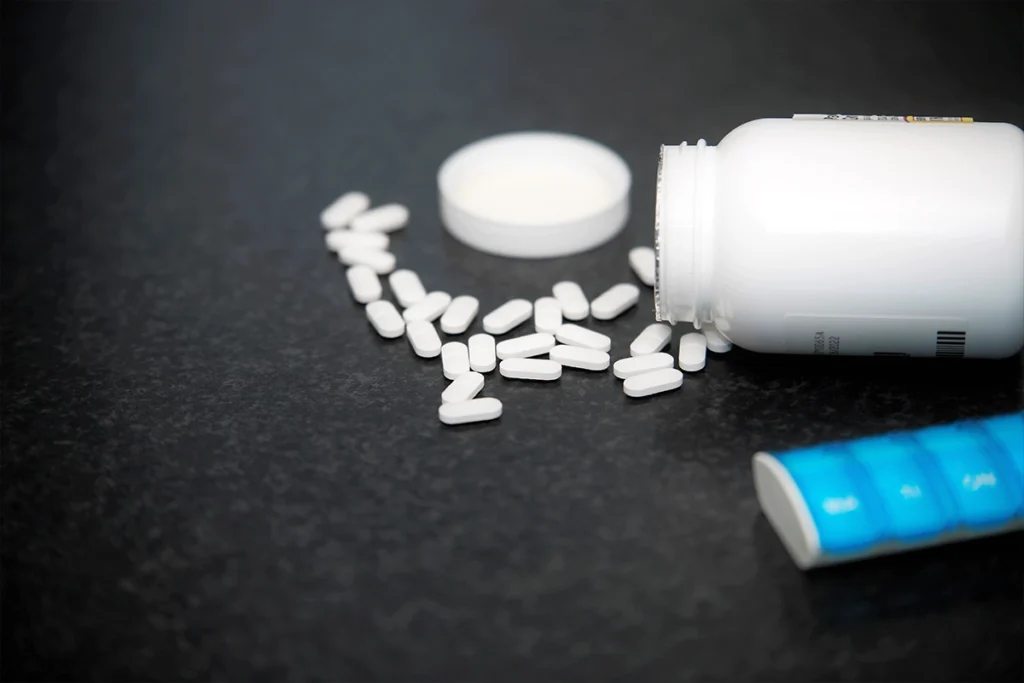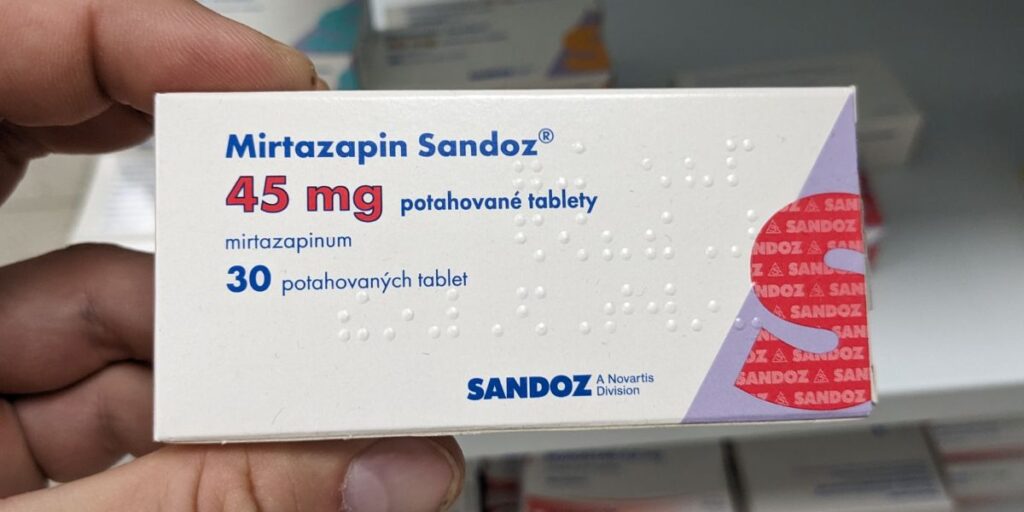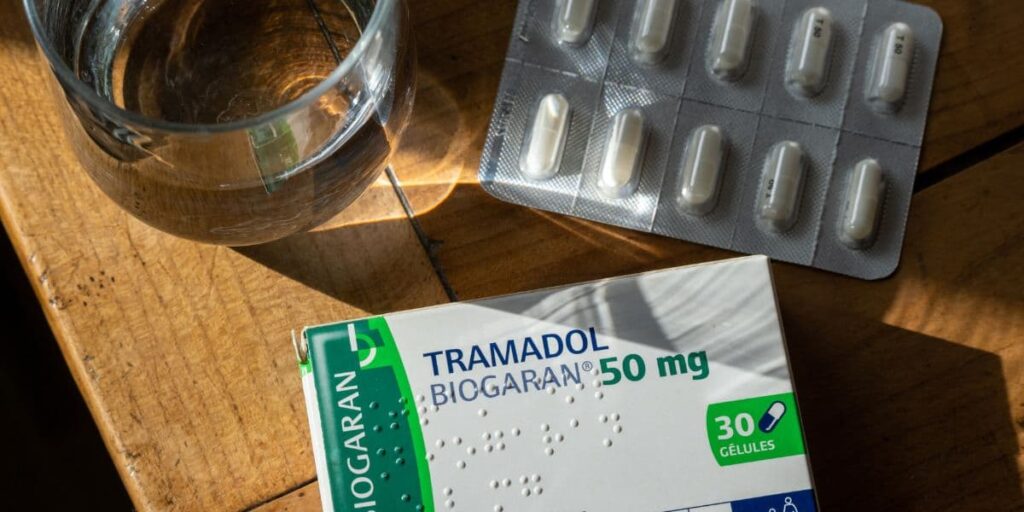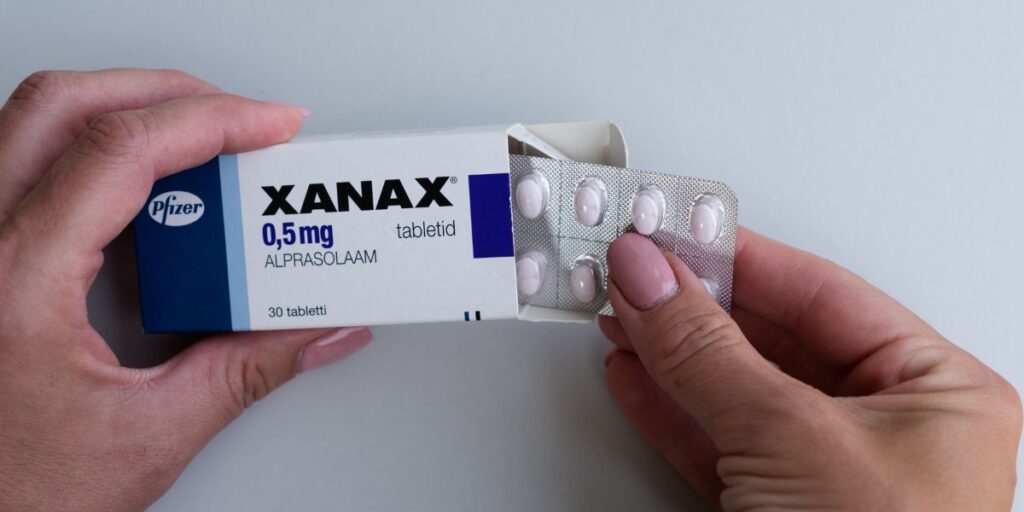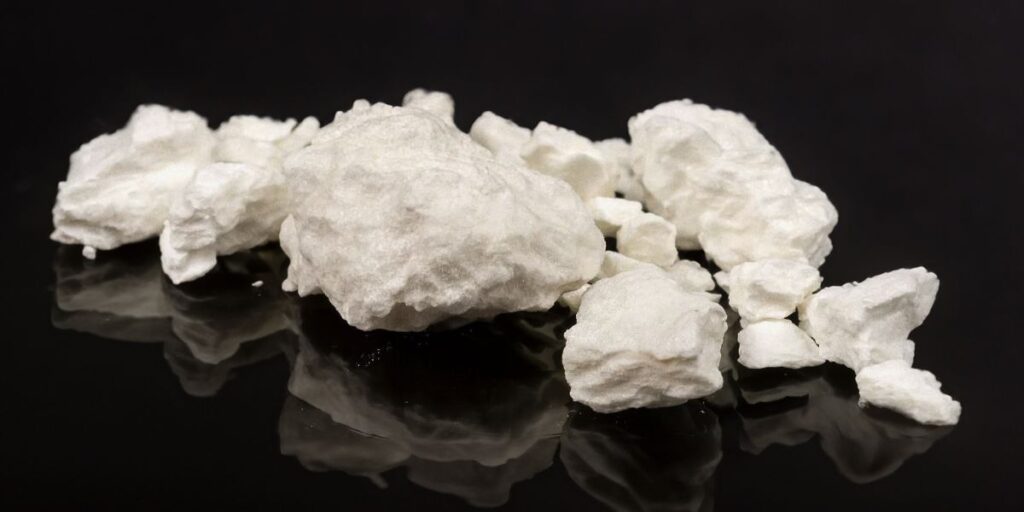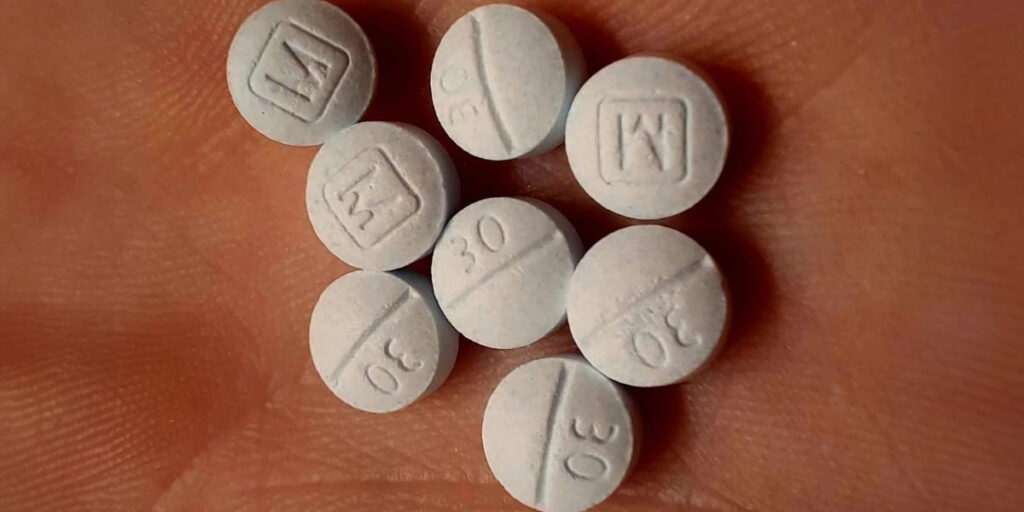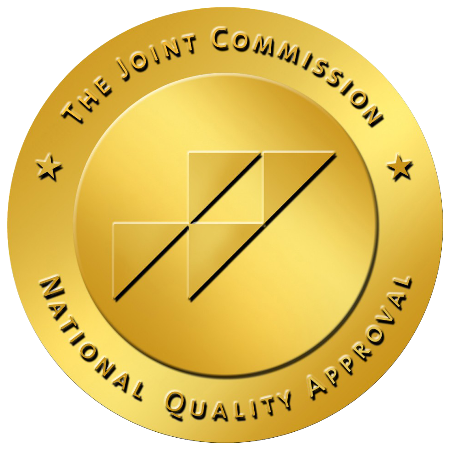Change doesn’t happen overnight and doesn’t always have to be drastic and difficult. Overcoming addiction may seem overwhelming, but using an established and evidence-based model that details the stages of change, recovery becomes more realistic and easier to manage.
The transtheoretical model involves breaking the tasks and goals that lead to change into more easily achievable stages rather than one long process. It has become the standard in addiction treatment programs for a good reason—it is successful.
Five Stages of Change Overview
The five stages of change model for addiction treatment separates and clearly defines the change process. The five stages span from starting to think about treatment to life after addiction treatment.
The five stages of change are:
- The precontemplation stage
- The comptemplation stage
- The preparation stage
- The action stage
- The maintenance phase
Some treatment programs plan for a relapse stage; however, that is not an official stage because not everyone who completes treatment will relapse.
History of the Stages of Change
After researching addictive behaviors around smoking and alcohol abuse, James O. Prochaska and Carlo Di Clemente identified and defined the stages of change in the late 1970s. The two colleagues analyzed and applied multiple theories of psychology and psychotherapy to develop the transtheoretical model of change.
As the model caught on and began to achieve successful treatment outcomes, it became popular among medical professionals to help treat mental health conditions and substance use disorders. Today it is considered one of the most valuable and comprehensive approaches to addiction treatment.
The Transtheoretical Model of Change
The transtheoretical model, also called the stages of change model, has become one of the most widely used treatment standards for substance abuse and mental health issues. The transtheoretical model breaks down how change happens into five phases and explains what occurs and what to expect during each one.
Understanding how and why things happen can help remove the anxiety and fear around treatment for people who struggle with addiction and drug abuse. Being able to mark progress and have a clear direction and goal for the next steps is a hallmark of the transtheoretical model and part of what made it an effective strategy to overcome addiction.
The five stages of change model is a helpful tool that works with various evidence-based treatment programs and support groups that also follow a step model.

Five Stages of Change in Addiction Recovery
The five stages of change break addiction recovery down into recognizable and manageable steps that help overcome drug addiction. The steps are helpful to the person struggling with alcohol or drugs and their friends and family members supporting them.
There is no defined timeline or set amount of time for each phase. Some people might complete all of them quickly, and some can linger in one stage for as long as it takes to implement changes and move forward successfully.
The five stages of change for addiction recovery are:
The Precontemplation Stage of Change
The precontemplation stage is sometimes called denial. People in this stage don’t believe they have a problem or downplay the seriousness of their addiction. Even when someone is aware of their unhealthy behaviors and how it impacts their life, they may feel like treatment isn’t an option for them or won’t help. They’ve often resigned themselves to maintaining their current lifestyle and drug abuse.
One of the main catalysts to move out of the precontemplation stage can be friends and family members having an honest discussion about their substance abuse and its consequences. Intervention specialists and family therapists can provide talking points and strategies called motivational interviewing, which use a series of statements and questions to help someone realize they have a substance abuse problem.
The Contemplation Stage of Change
The contemplation stage happens when people become aware of the problems their substance or alcohol abuse is causing. The phrase “the first step is admitting you have a problem” comes from this stage, even though it is technically the second phase. This stage involves weighing the pros and cons of treatment and deciding if it is necessary or worth it. They might seek advice or validation from their friends and family members to help them decide if they want to take action to change.
The Preparation Stage of Change
The preparation stage is when they acknowledge they have a problem and start exploring and discussing their options. This stage of change can also involve setting a timeline, informing other people of their plans, and gathering information about treatment programs. Friends and family can offer support during this stage by consulting professionals or accompanying their loved ones to visit treatment centers or talk to professionals.
The Action Stage of Change
The action stage is when the plan goes into motion, and noticeable changes start. With the help of a treatment team, healthy behaviors and habits replace unhealthy behaviors. This stage requires a lot of motivation and commitment. During this phase, people rebuild their confidence and learn the skills the live a life in recovery and overcome problems in day-to-day life.
The Maintenance Stage of Change
The maintenance stage is an ongoing stage that focuses on the positive changes and habits learned and how much progress they’ve made to overcome addiction. Implementing long-term change requires constant action and maintenance of productive habits. To avoid a relapse phase having a maintenance and relapse prevention plan and support system in place is vital.
Substance use disorders are chronic conditions that require vigilance and commitment to staying in recovery. The action and maintenance stages of change take the most time and effort from individuals. Still, with support and guidance, they establish a framework that leads to lasting change and recovery worth celebrating.

Overcome Addiction
If you or a loved one is struggling with addiction and don’t know where to start, help is available.
At Northridge Addiction Treatment Center, many of our highly trained and licensed staff have gone through the stages of change to overcome their addictions. They have a unique and compassionate insight that allows them to support you and help address the roots of your addiction.
We use evidence-based therapies and support groups to teach healthy behaviors and skills that help you stay on the path to recovery for the rest of your life.
Reach out to us now. Our admissions team is eager to speak with you about taking your first steps toward recovery.



